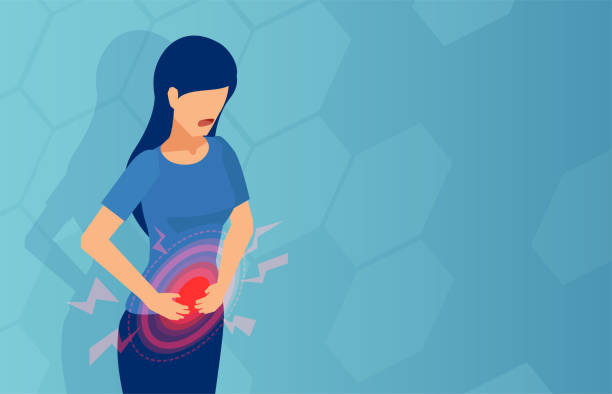Understanding the Impact of Irritable Bowel Disease on Teens
Courtesy of istock images
May 17, 2023
Chronic diseases can be challenging for anyone, but especially for teens. At Morton East, five students this year have irritable bowel disease/syndrome.
Irritable bowel disease (IBD), also known as irritable bowel syndrome (IBS), is a chronic inflammatory condition affecting the gastrointestinal tract, primarily seen in two forms: Crohn’s disease and ulcerative colitis. In recent years, the prevalence of IBD among teenagers has increased, with approximately 20-25% of cases diagnosed during adolescence. Teens with IBD often experience symptoms such as abdominal pain, diarrhea, fatigue, and weight loss, which can significantly impact their daily lives and emotional well-being.
“Symptoms of IBD include sudden changes in eating or sleeping habits, hostile behavior or rage, loss of pleasure in life,” said Dr. Joseph Runde.
Living with IBD poses unique challenges for teenagers. Emotional and social difficulties, including anxiety, depression, embarrassment, and isolation, are common due to the symptoms and concerns about being different from their peers.
“IBD is serious as I was hospitalized for 10 days and had lost over 50lbs due to significant blood loss, lack of vitamins, and was hardly able to eat without immense abdominal pain,” said an anonymous Morton East junior with IBD.
Furthermore, the condition can disrupt education, leading to frequent absences and compromised academic performance. It is crucial for schools to provide necessary support and accommodations to help these students succeed academically.
“All students’ (504 accommodation) plans are individually based on their needs. Standard accommodations for IBD would be access to bathroom/water/health services for the school year. Medical management and PE restrictions (are also given) if ordered by the physician,” said Morton East Nurse Rosalba Hernandez.
Treatment for teens with IBD typically involves a multidisciplinary approach, including medication, dietary adjustments, and sometimes surgery.
“The specific form of IBD I’ve been diagnosed with is (uncontrollable) chronic ulcerative colitis, a lifelong condition, that I currently use Rinvoq to treat,” said the anonymous student with IBD.
The management of IBD requires collaboration among gastroenterologists, dietitians, psychologists, and other healthcare professionals to address both the physical and emotional aspects of the disease. Support groups and advocacy organizations also play a vital role in providing information, resources, and a sense of community for teenagers with IBD.
“Symptoms may worsen in an unpredictable manner and, conversely, may go into remission for varying lengths of time. Medications can help manage the discomfort and inflammation, but are not cures for IBD,” said social worker Laura Cambruzzi.
By understanding the impact of IBD on teens and providing comprehensive support, we can help these young individuals manage their condition, improve their quality of life, and foster their overall well-being.


